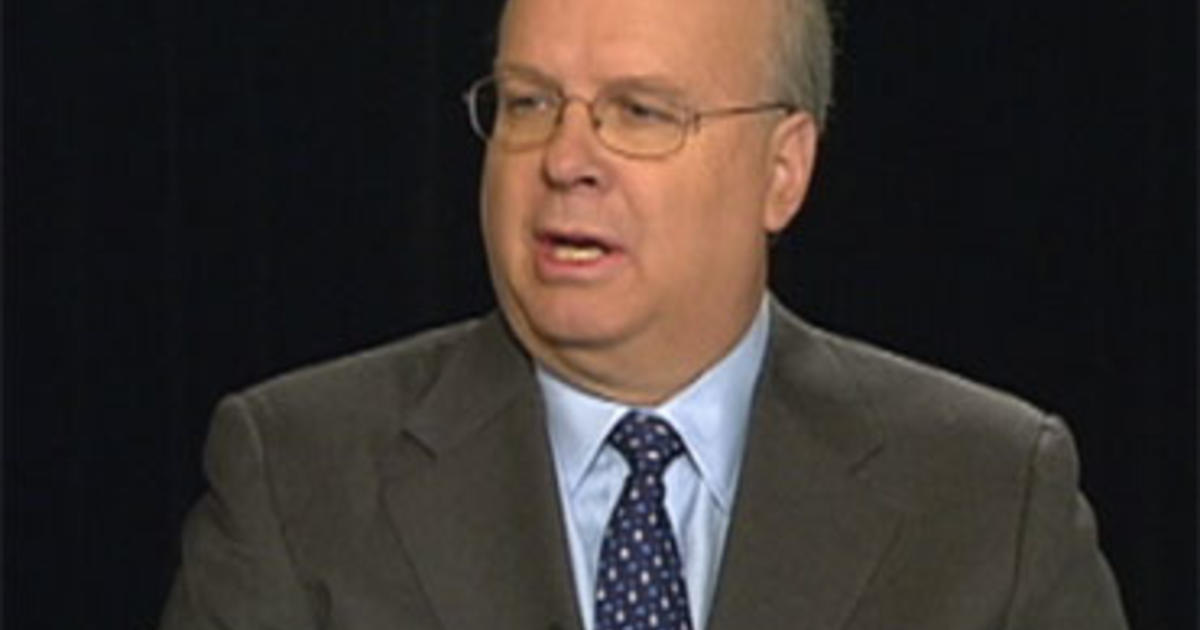A Turnout Effort is Not a Message
Republicans only seem capable of one or the other.
by Rod D. Martin
November 10, 2006
For most of my life, a small minority of us Republicans (notably Newt Gingrich and Morton Blackwell, plus acolytes such as me) agitated, cajoled and worked for the day when our party would take seriously the “ground war”: not just running high level ad campaigns and hoping that ideas could motivate more people than the liberal unions and big city machines could turn out, but actually putting “boots on the ground” ourselves, precinct by precinct across the nation.
Virtually all of our fellow partisans laughed at us. It will never work, they said. It’s all about TV today: the unions are going away. And anyway, volunteer efforts are hard: ad buys are easy. Why make more work than necessary?
And so the conventional wisdom went (encouraged by highly-paid consultants who made their money on ad buys and didn’t want anyone thinking about grassroots). We argued this point year after year, to no avail, until the closeness of the 2000 election and the rise …


